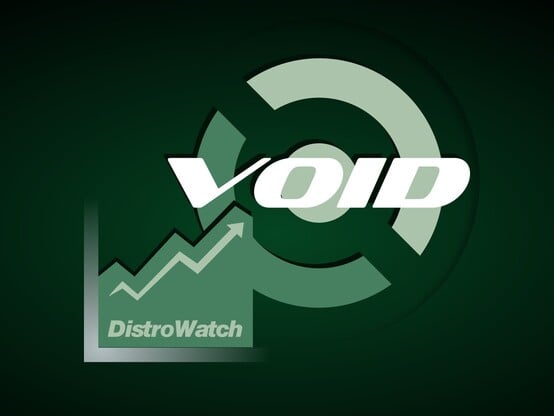this post was submitted on 14 Jun 2023
9 points (100.0% liked)
Linux
48115 readers
658 users here now
From Wikipedia, the free encyclopedia
Linux is a family of open source Unix-like operating systems based on the Linux kernel, an operating system kernel first released on September 17, 1991 by Linus Torvalds. Linux is typically packaged in a Linux distribution (or distro for short).
Distributions include the Linux kernel and supporting system software and libraries, many of which are provided by the GNU Project. Many Linux distributions use the word "Linux" in their name, but the Free Software Foundation uses the name GNU/Linux to emphasize the importance of GNU software, causing some controversy.
Rules
- Posts must be relevant to operating systems running the Linux kernel. GNU/Linux or otherwise.
- No misinformation
- No NSFW content
- No hate speech, bigotry, etc
Related Communities
Community icon by Alpár-Etele Méder, licensed under CC BY 3.0
founded 5 years ago
MODERATORS
you are viewing a single comment's thread
view the rest of the comments
view the rest of the comments

Always interested in checking out new distro's, and I've heard of Void in the past, but my only concern with these "independent" distro's is their package support and availability.
Finding packages for Debian, or Redhat based distro's is relatively easy due to the sheer number of forked distros and community involvement.
I'll still probably fire it up in a VM to see what it's like.
I don't see that as a problem nowadays, more and more the desktop side of things is moving to cloud native, you got all sorts of containers for apps not packaged in your distro repos, containers like flatpak, snap, appimage etc..., and if you just want something available in other distro you could use distrobox.
It's quite cool and if it means developers spend less time packaging stuff and more improving Linux as a whole I am all for it.